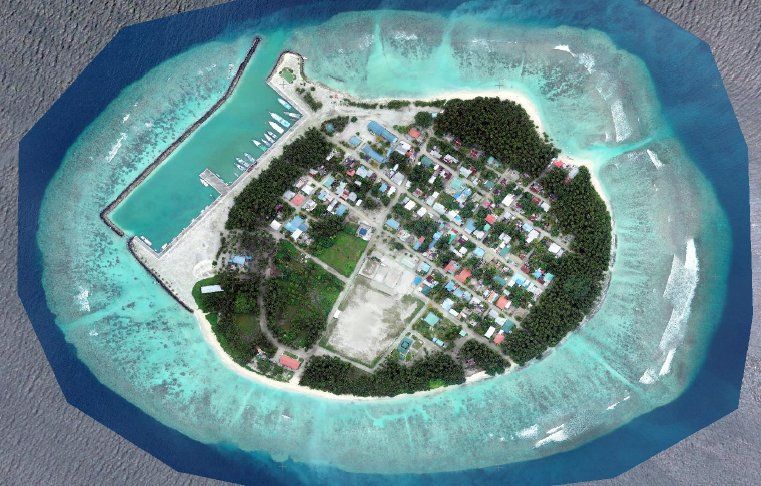#MvTreeGrab: Removal of trees continues for landscaping of resorts
A local company wants to remove 582 coconut palms from Badidhoo island.

22 Nov 2018, 09:00
The Badidhoo island in Dhaal atoll is the latest flashpoint in the removal of trees for the landscaping of new resorts, an increasingly common practice environmental activists have dubbed #MvTreeGrab.
A local hospitality company wants 582 coconut palms and three other trees to be replanted on Aluvifushi, an island under development as a tourist resort about three kilometres from Bandidhoo, according to an environmental impact assessment submitted for approval to the Environmental Protection Agency.
These include more than 300 coconut palms identified as “mature (excellent quality)” in the report seen by the Maldives Independent.
The vegetation would be cleared out to make way for 10 roads, of which seven would provide access for the 790-strong population to the beach. Most of the palm trees are privately owned by islanders and the resort developer proposed to pay compensation.
Become a member
Get full access to our archive and personalise your experience.
Already a member?
Discussion
No comments yet. Be the first to share your thoughts!
No comments yet. Be the first to join the conversation!
Join the Conversation
Sign in to share your thoughts under an alias and take part in the discussion. Independent journalism thrives on open, respectful debate — your voice matters.




